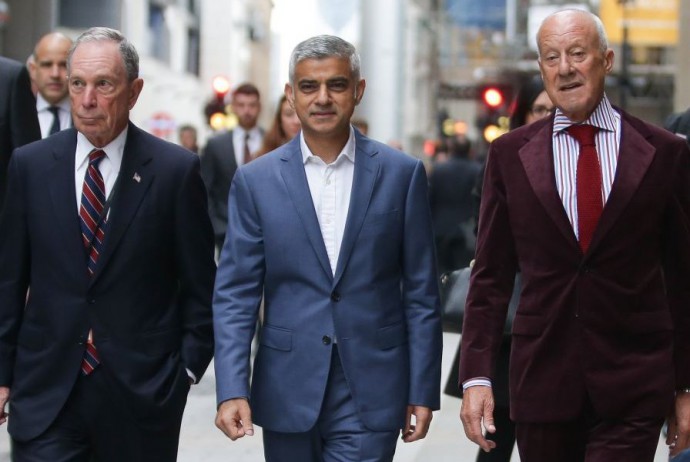The Mayor of London, Sadiq Khan, has launched on 13 December 2017 his new Economic Development Strategy as a draft for consultation. This draft is open for discussion for three months until 13 March 2018. Sadiq Khan is “keen for London to remain the best place to do business, but wants to put more emphasis on the general wellbeing, health and happiness of Londoners”. He invites Londoners and other informed stakeholders to tell him what they think of his plans.
His website at https://www.london.gov.uk includes a survey and discussion forums on
- Would you like to be involved in the development of new technology?
- What sectors do you think are most important to London’s economy and why?
- What do you think the risks are to London’s economy in the coming years?
- How can technology be used to make London a better city to live in?
- What do businesses need to thrive in London? What are the challenges they face?
- How do you feel about the idea of having a Good Work Standard in London?
- How able do you feel to achieve your career goals in London?
Sadiq Khan unveiled his draft Economic Development Strategy at the Federation of Small Business’ Winter Reception. He explained how he wants to build on his manifesto pledge to be London’s most pro-business Mayor ever. “I want to create an economy that delivers for everyone and leaves none of London’s communities behind.”
London is one of the richest cities in the world, but also home to some of the poorest neighbourhoods in the country. The strategy sets out measures to address this fact.
Innovative Solutions for London
The Mayor has also challenged tech start-ups and medium-sized businesses to develop innovative solutions that address some of the big issues facing Londoners. These issues range from inequality to air quality and health challenges of an ageing population. Using funding from the London Economic Action Partnership (LEAP), 15 companies will be selected to receive business support. Up to three of them will receive £15,000 to further develop their ideas. He will set out the exact terms of this initiative, known as the Mayor’s Civic Innovation Challenge, next year.
The overarching goal of the Mayor’s Economic Development Strategy is to boost competitiveness and create a business environment that is not only friendly – in terms of helping investment and growth – but also fair, where all companies play by the rules and where all Londoners stand to benefit.
By channelling investment into key areas, equipping Londoners with the skills, education and training they need to participate in the modern economy, and by investing in infrastructure and offering targeted support to certain sectors – such as tech, life-sciences, and the capital’s creative industries – the Mayor believes he can deliver on this vision at the same time as helping London’s businesses go from strength-to-strength.
Source: Mayor’s Website
Image source: City A. M.
London ranks first in GDP among UK top level territories, and is positioned at the 5×1 slot within the G8x8. In 2015, it achieved a GDP of 378.4 billion £ (507.1 billion $) and a share of 22.7 percent of the national total. Its GDP was slightly lower than that of Sweden.


